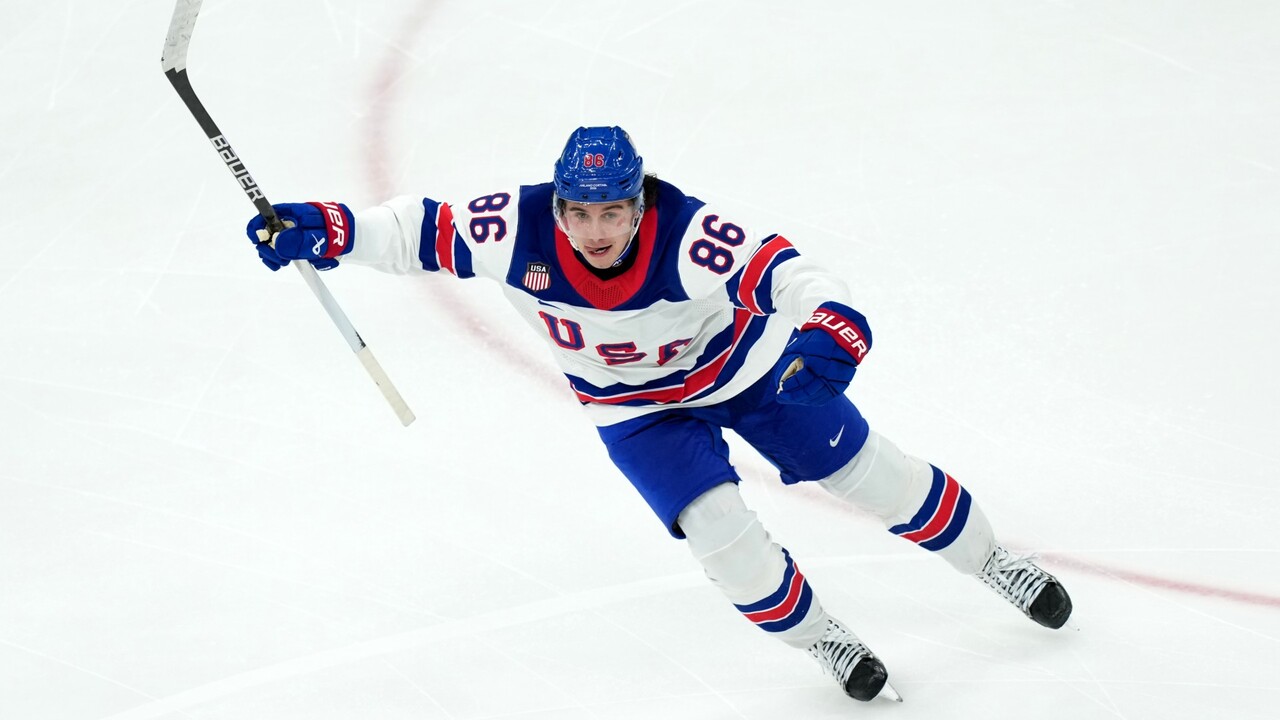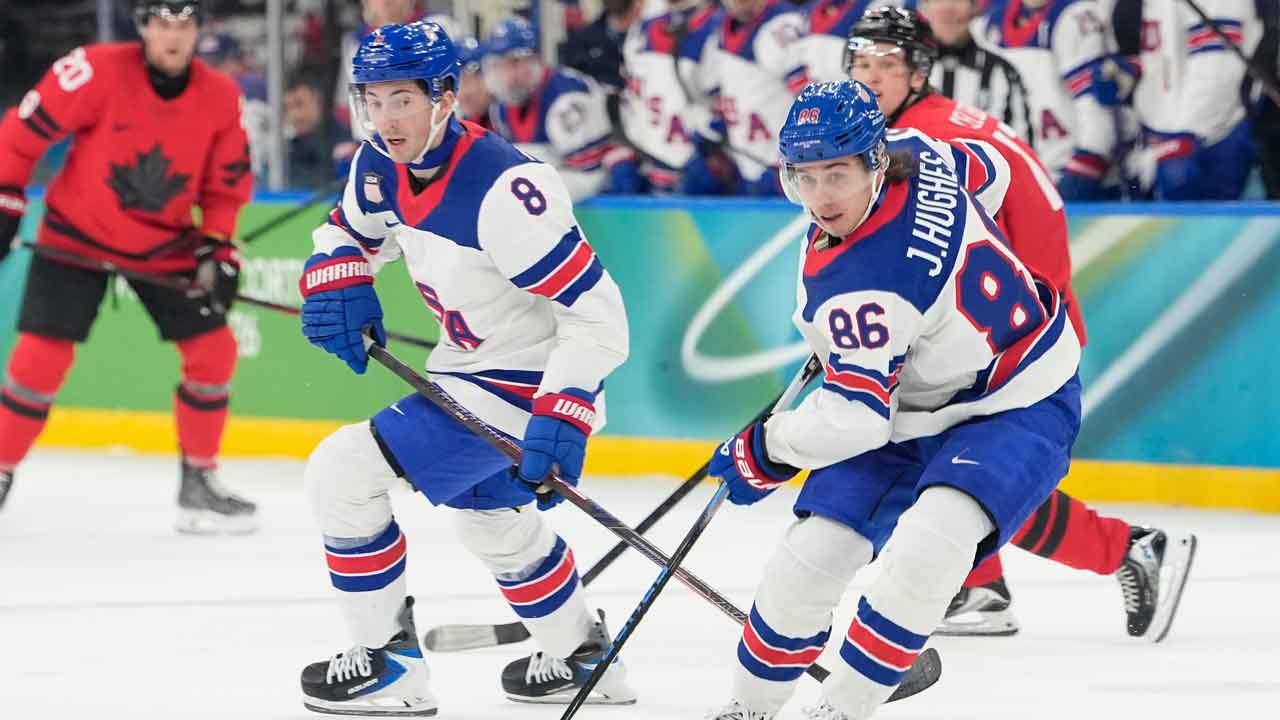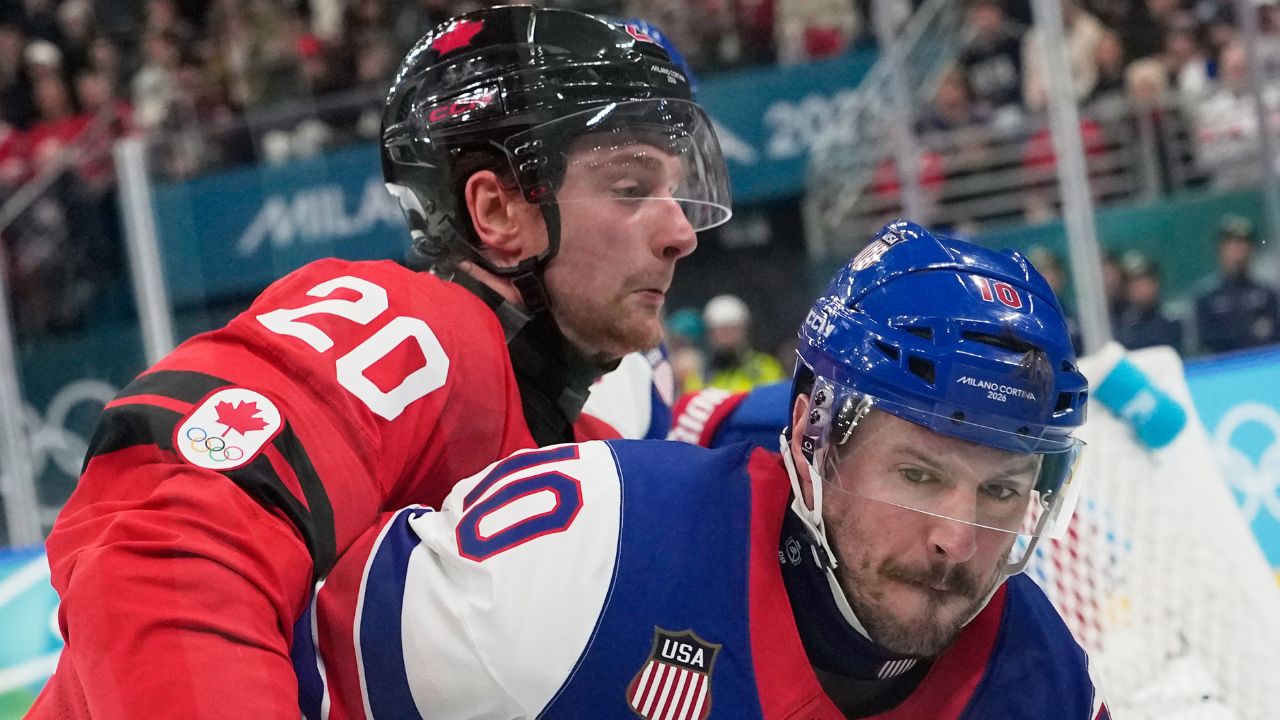
Are the Toronto Raptors sure they want to do this?
There’s an increasing possibility we’re going to find out. On top of ESPN’s Adrian Wojnarowski reporting Friday that the Raptors are ‘lurking’ in the background of the Kevin Durant trade discussions that have held the NBA hostage in recent days, I can confirm that not only is Toronto ‘lurking,’ but they also feel they can put together the best package of assets the Brooklyn Nets are likely to get.
Confidence isn’t the word for it, but optimism might be.
There is also a sense – though it’s reading tea leaves at this stage, as teams can’t communicate directly with Durant, who remains under contract with the Nets – that the two-time champion and 11-time all-NBA force of nature is at least open to the possibility of playing in Toronto.
Of course beauty is in the eye of the beholder, and just because the Raptors are confident in the assets they can offer it doesn’t mean the Nets agree, and it feels safe to say that it is perceived asset value that will swing this deal. There is no chance that Brooklyn will do any favours for Durant and take a scintilla less than the next best offer – not after Durant’s scorched earth tour through their franchise the past three years.

This is Brooklyn’s best chance to recover something in the wake of what has otherwise been a fiasco since Durant teamed with Kyrie Irving to join forces in the summer of 2019, so teams who want to win this deal are going to have to do it outright.
That the Raptors haven’t already tells you one thing: Toronto has remained fixed on keeping rookie of the year Scottie Barnes out of any package they are offering.
Can they hold fast to that and still acquire the NBA’s second-leading active scorer?
As one person with knowledge of the situation put it: “That’s the billion-dollar question.”
But just because you can do something, doesn’t mean you should.
Is there a downside risk to acquiring one of the top five players in the world and arguably the most lethal scorer basketball has ever seen? A seven-footer who shoots and handles like a world-class two-guard and has a proven ability to routinely take over games at the very highest level of competition the sport offers?
Amazingly, yes. Even if the Raptors can do a deal that doesn’t involve trading Barnes and/or Pascal Siakam and instead is built on OG Anunoby, Gary Trent Jr. and quite possibly rights to Toronto’s first-round picks for the next seven drafts, it’s a deal that should give Raptors vice-chairman Masai Ujiri and general manager Bobby Webster pause. And if it can only be done with Barnes as part of the mix? Adding Durant at the expense of a player who could be a cornerstone for 10-to-15 years is the kind of decision that can take years off a life, or a career at least.
The reasons to add Durant are plain. But the reasons not to? It’s not a long list, but the risks are there. For example:
1. Paying a superstar $190 million over his age 34-37 seasons hasn’t traditionally been a recipe for success in the NBA, for one. When said superstar has in recent years missed a season due to Achilles tendon surgery, chunks of another with a knee injury and has otherwise a history of foot injuries, it’s not something that should be done lightly.
If Durant breaks, the Raptors still have to pay him and will likely be a crippled franchise because of it.
2. Superstars – even one of Durant’s wattage – don’t guarantee titles. Durant didn’t bring one to Brooklyn on a team lade with fellow stars, obviously, and in fact wasn’t able to get the Nets past the second round. The Nets, with a healthy Durant and a healthy Kyrie Irving, were swept by the Boston Celtics in the first round this past April.
Durant played with two other MVPs in Oklahoma City and only made one Finals. He won his titles alongside three other Hall-of-Famers in Golden State. It’s no comment on Durant’s abilities, just that winning titles require as much luck as talent, sometimes more.
3. As a proof of concept, ‘super’ teams have a spotty track record of late. The Los Angeles Lakers acquired LeBron James via free agency heading into his age 34 season and the experience should give the Raptors something to chew on.
The Lakers missed the playoffs in the first year of James’ run, had to mortgage almost everything to trade for Anthony Davis heading into Year 2 and were, granted, rewarded with a championship in 2020. However, they lost in the first round in 2021 and missed the playoffs entirely this past season with a roster that featured four future Hall-of-Famers. And because they used so much of their asset base to build around James, they have no real means to add the kind of quality depth and role players that championship teams require.
Heading into Year 5 of the James experience they seem stuck. And while the Lakers were victim to some questionable personnel decisions – trading their remaining depth for Russell Westbrook – it should be pointed out that it was James who reportedly pushed for and signed off on those deals. Superstars make terrible general managers and Durant’s antics with the Nets – hand-picking coaches and teammates with sketchy results – prove the point.
4. You only get to do this once. Going all in, or even mostly in, to capture Durant’s twilight years means (likely) waving goodbye to seven years of draft capital. Everything is leveraged to the present, the future is some distant problem that is somehow made better because a championship ring will take the edge off the inevitable hangover. But that’s if it all works.
If it doesn’t? Your franchise is headed for a world of pain with little chance to fix it for half a decade or more. That means if Milwaukee Bucks star Giannis Antetokounmpo – who the Raptors believed they had a chance at had he hit free agency in the 2020 off-season – decides he needs a change of scenery, the Raptors are out of it. If some of the young Canadian stars dotting the league – Jamal Murray or Shai Gilgeous-Alexander for starters – want to come home and try do something legendary, the Raptors won’t likely be able to make that happen. This will be the Raptors’ shot. The 2020s will depend on it.
• The Raptors’ hard-won reputation for having a close-knit organizational culture will take a beating, perhaps irreparably so. It was part of the risk factor when the Raptors fired Dwane Casey and traded DeMar DeRozan in the summer of 2018 – a hard left turn for an organization that had preached family, fabric and continuity, and Ujiri shed real tears doing it.
But it was defensible because that version of the Raptors had had a long runway to try to realize their collective potential. Consecutive sweeps by the Cleveland Cavaliers convinced Ujiri that they had topped out as configured and changes were needed. He was correct and the trade for Kawhi Leonard proved it by delivering a championship and memories for a lifetime. But making a deal for Durant now when this Raptors team is in infancy will make it hard for the Raptors to trumpet culture or continuity again and be taken at face value.
It’s neither bad nor good on its own – being in the NBA means being in the winning business, above all – but it’s a consideration. Reputations are slow to build but easy to shred.
• Lastly, the timing for a deal like this seems rushed. When the Raptors traded an all-NBA player (DeRozan), a lottery pick (Jakob Poeltl) and what ended up being a late first-round pick for Leonard (and Danny Green) Toronto was an extraordinarily deep team that was coming off a 59-win season and their fifth straight playoff appearance. Pascal Siakam and Fred VanVleet came off the bench in 2017-18 and Norman Powell was the 11th man.
In this instance, the Raptors are a year removed from the draft lottery and coming off a surprising 48-win season and first-round exit where they were exposed as lacking the kind of quality depth that teams that have championship aspirations can’t live without. A trade for Durant might yield one of best players of this or any era, but would the supporting cast be even close to good enough or deep enough?
All that said, the reasons for going forward are obvious. Adding a player of Durant’s talent is the kind of opportunity that comes along rarely, if ever. Even if he’s at the tail end of his prime, he’s still an awe-inspiring player.
This past season he averaged 29.9 points, 7.4 rebounds and 6.4 assists while shooting 51.8 per cent from the floor, 38.3 per cent from three and 91 per cent from the line. He’s an effective defender. Had he managed to play more than 55 games there’s a very good chance he would have been the regular-season MVP. There is almost no price a team can play to add a player like that and have it be too high.
But there is no return policy when shopping in that kind of stratosphere, and no guarantees.







